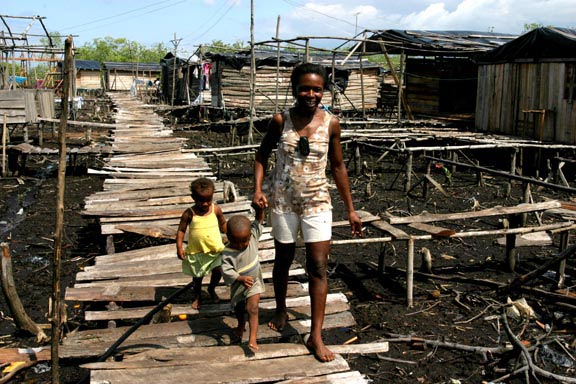
WEIGHT: 56 kg
Bust: E
1 HOUR:100$
Overnight: +40$
Sex services: Sex oral in condom, BDSM (receiving), Uniforms, Massage, Fetish
True, most FARC militants, as foreseen by the peace accord, demobilized here and across Colombia, a country the size of France and Spain combined. For decades, rugged terrain and an oft-absent government enabled the rebels to become the de-facto authority in many areas.
But Santos, saddled with a sluggish economy at the end of his second term, has struggled to ensure order of the sort the rebels, albeit murderous, once imposed across parts of the Andean nation.

See an interactive version of the story. With the FARC disarmed, other militants, criminal gangs and paramilitary groups are jostling into the breach. They are hoisting flags, enlisting members and exacting levies and loyalty in former FARC strongholds.
Over the past nine months, Reuters traveled to Tumaco and six other sites in Colombia to understand the advance of armed and criminal groups. Disrupters include splinter FARC factions, enterprising new gangs and veteran rebel rivals, like the ELN, who have used the agreement to reposition. Among the most violent corners of Colombia is Tumaco, in the southwest, where a network of rivers provides a crucial Pacific outlet for sprawling coca plantations nearby.

Here, new guerrilla corps vie with criminal gangs for the routes. In the northwestern state of Choco, the ELN is recruiting and expanding control of jungle there. To win support for the deal, Santos promised to flood areas of FARC control with troops and investment. A cornerstone of the plan is a crop substitution effort for farmers who rely on income from coca. Along with tighter budgets, red tape delays the start of roads, aqueducts, schools, power lines and clinics promised to millions living without infrastructure.


































